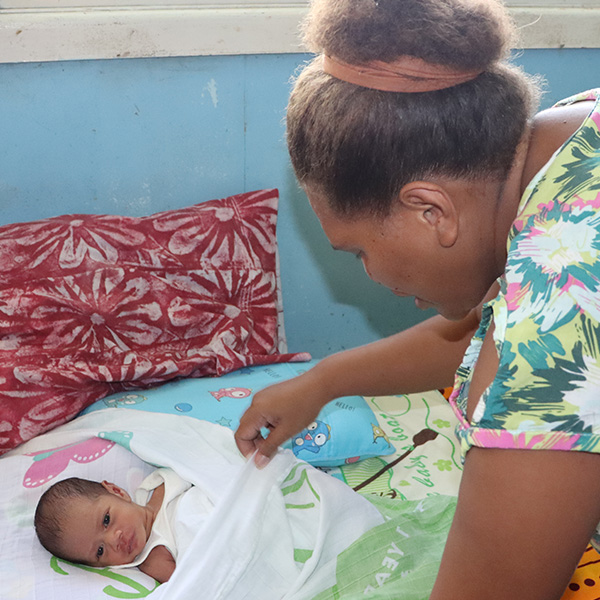On 2 June 2023, Council trialled a locally supplied resource recovery asphalt called ECO5 against virgin material to compare its performance for future road reseals.
The resource recovery road replacement trial used an asphalt product containing a high recycled content derived from problematic waste streams bound for landfill or stockpiling including:
- Reclaimed asphalt pavement from end-of-life roads
- Waste glass destined for landfill
- Crumbed rubber from end-of-life tyres
The 85 metre Glenelg Street asphalt project incorporated, 34,625 waste glass bottle equivalents, 55 tonnes of recycled asphalt and crumb rubber from 499 end-of-life tyres. The 700 metre Ferodale Road asphalt project incorporated 46,125 waste glass bottle equivalents, 74 tonnes of recycled asphalt and crumb rubber from 664 end-of-life tyres with a combined reduction in CO2e of 13,733 kg compared to using virgin materials.
By utilising these problematic waste streams and 20% Reclaimed Asphalt Pavement (RAP), Council were also able to save the use of 13.6 tonnes of bitumen, 122 tonnes of crushed aggregates, and 16.1 tonnes of natural sand. The benefits continue long after the road is built too, with the circular economy asphalt 100% recyclable at the end of its first life.
Furthermore, lab performance tests show an increase in the rutting and crack resistance of ECO5 compared to the virgin AC14 which will improve the lifecycle of the ECO5 asphalt resulting in less maintenance and a financial saving.
This project is the second of many resource recovery asphalt projects to determine the best traffic profile for these kinds of innovative technologies. This will result in both environmental benefits and financial savings over time and is just another way in which Port Stephens Council is endeavouring to reduce its carbon footprint.
Learn more about our journey to being Carbon Neutral by 2025 at portstephens.nsw.gov.au/sustainability






